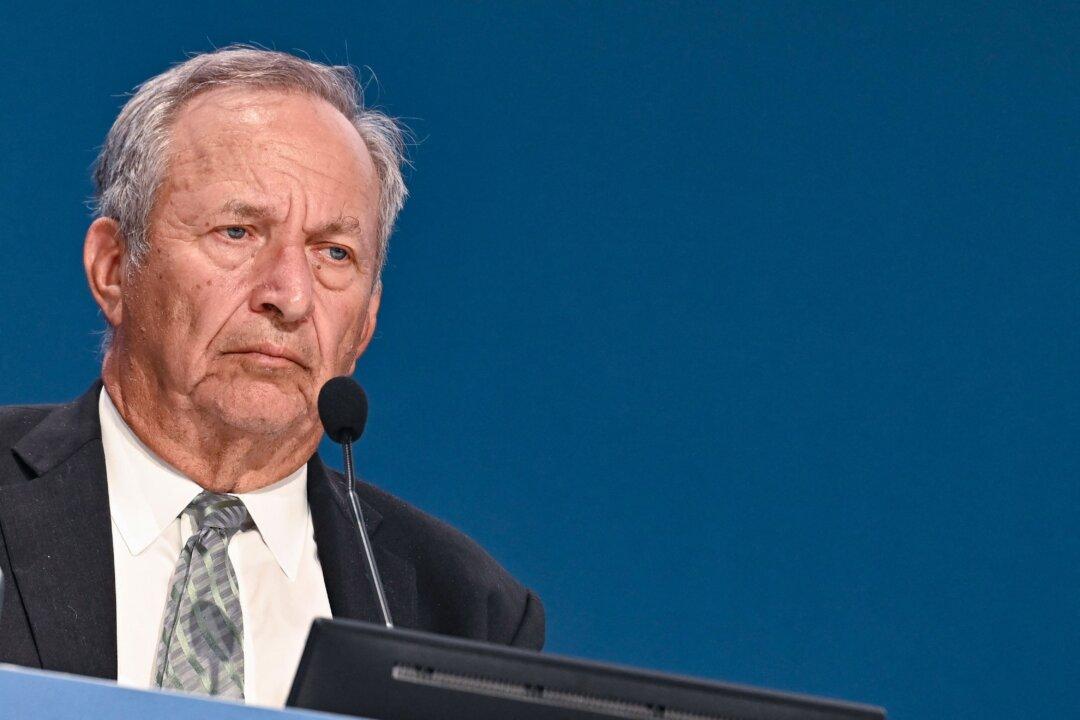A recession is most likely right around the corner, said a former Clinton and Obama administration official in a Sunday morning warning.
“The chance that a recession will have begun this year in the U.S. is probably about 70 percent. I think that puts me at the pessimistic end of the spectrum of opinion,” he wrote on Twitter.





